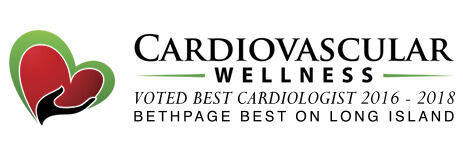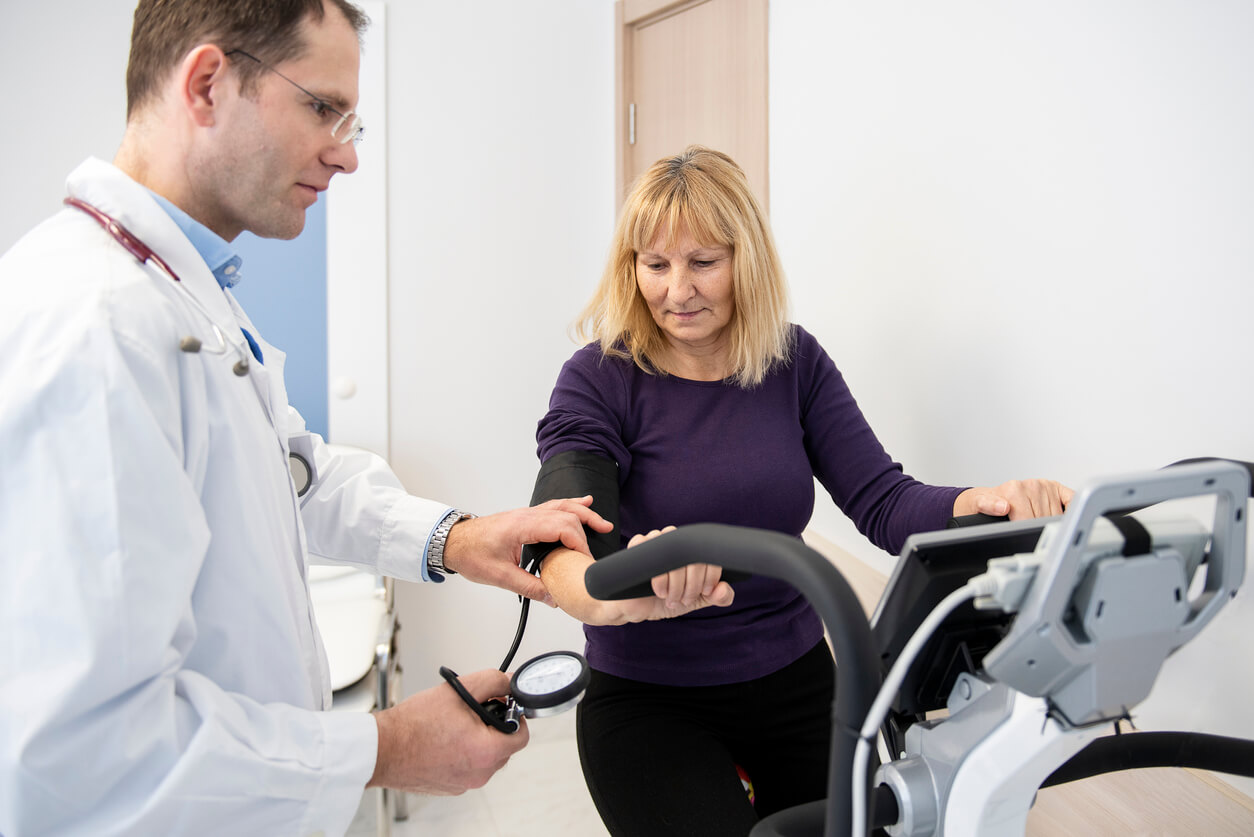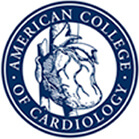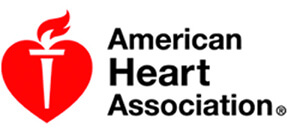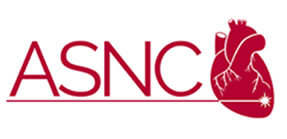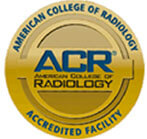Cardiac Tests Explained: From EKGs to Stress Tests and Beyond
- Posted on: Aug 21 2023
To evaluate your heart’s health, we rely on the most trusted cardiac tests, including EKGs and stress tests. Both measure functions of your heart, allowing us to get an idea of how efficiently the organ is working or whether there are problems we need to address. We often recommend these tests if we are concerned about how your heart is functioning. But what information do they offer?
EKGs: Electrocardiograms and What They Reveal
An EKG is an electrocardiogram that tracks your heart’s electrical activity. Every time your heart beats, the organ sends an electrical signal that travels along its length, causing your heart’s four chambers to contract correctly. This allows blood to pump throughout your body.
An EKG records these heart signals as wavy lines, allowing us to look for irregularities that point to heart conditions. The test can show the timing and strength of the signals in each heart chamber, the speed at which your heart is beating, and whether your heart’s rhythm is steady or irregular.
In some instances, an EKG can also provide information on the chambers of the heart. It is a test that can help monitor many types of heart issues and their subsequent treatments, including:
- Heart attack
- Heart failure
- Arrhythmia
- Congenital heart defects
- Heart valve diseases
- Cardiomyopathy
- Coronary artery disease
We generally don’t rely on an EKG for screening purposes unless you have an increased risk of developing heart disease.
Echocardiograms: Using Sound Waves to Spot Issues
Echocardiograms are ultrasounds that monitor your heart’s function and structure. They create graphic outlines of how your heart moves, taking images of the valves and chambers. It helps us monitor the pumping action of the organ. An echocardiogram can help with the diagnosis and treatment of many heart conditions, including the following:
- Heart valve diseases
- Congenital heart disease
- Cardiomyopathy
- Infective endocarditis
- Pericardial disease
This test also highlights issues that could indicate a blood clot, a cardiac tumor, or an aortic aneurysm.
Stress Tests: Monitoring Your Heart Under Stress
Most of the time, it’s easier to see issues with your heart when it’s working hard to pump blood. That’s what stress tests help us do. Stress tests usually take place while you’re walking on a treadmill or riding a stationary bike. That said, if you’re unable to exercise, we can perform a chemical stress test instead. During that evaluation, we give you medications that make your heart work as if you are exercising.
Stress tests can check for:
- Coronary artery disease
- Cardiomyopathy
- Angina
- Arrhythmia
- Heart valve diseases
It is also a good option for determining how serious an existing heart condition is.
The three main types of stress tests are the stress echocardiogram, the nuclear stress test, and the cardiac MRI stress test. A stress echocardiogram uses an ultrasound to take moving pictures of your heart. We capture these images before and after the stress test to see how it functions.
A nuclear test uses a tracer — a small amount of radioactive substance — and a camera to scan your heart before and after the test. The third type, a cardiac MRI stress test, uses magnets, radio waves, and a computer to get the clearest and most detailed images of your heart. This option is usually reserved only for the most serious cases.
Keeping an Eye on Your Cardiac Health
At Cardiovascular Wellness in Hicksville and Lake Success, NY, we offer cardiology services to help you monitor your heart’s health and treat existing conditions. With the latest technology and experts in the field, we are here to guide you. Contact us to learn more about our services.
Posted in: Stress Tests
